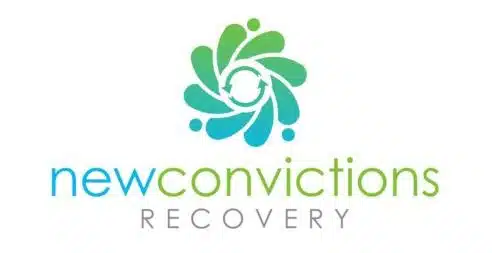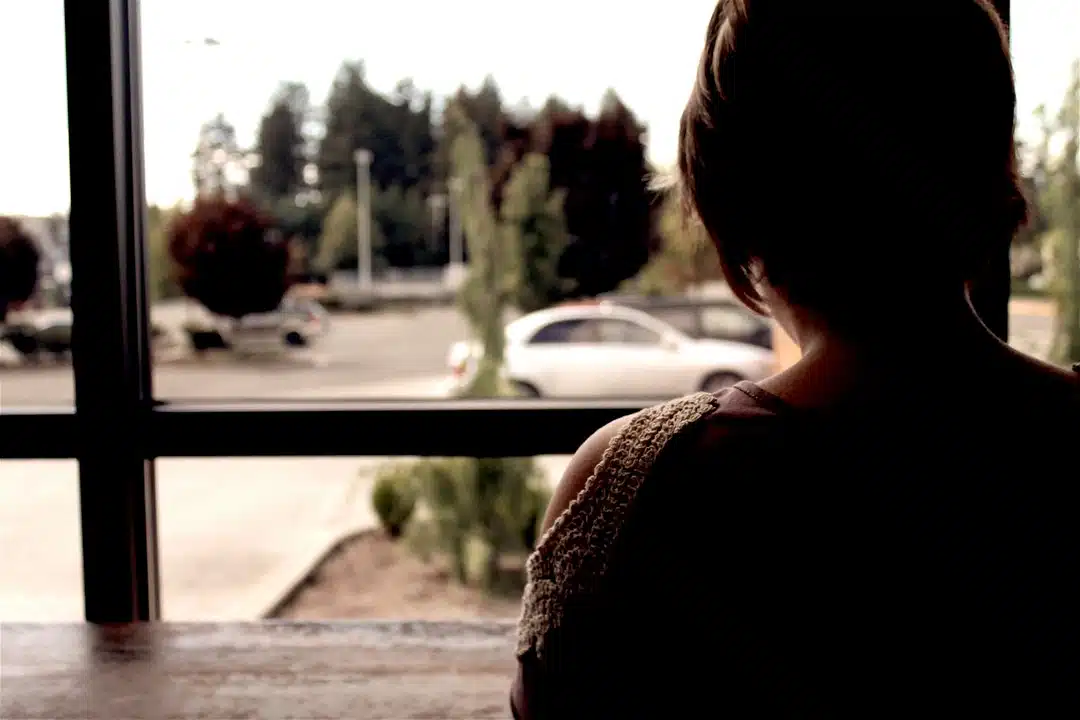Did you know that more than 21 million people in America suffer from addiction?
Drug addiction and substance abuse can harm family relationships. This is done by undermining trust and compromising communication.
When they witness someone suffering from addiction, family members may feel helpless. They may even feel frustrated and angry.
However, family members may assist a loved one in achieving sobriety. After all, family members play a significant role in the recovery process. Keep reading to learn more about the role of the family in addiction counseling.
Healthy Roles of Family Members in Addiction Recovery
Substance addiction affects not only the individual but the entire family as well.
Families can promote and support recovery by adopting positive roles and healthy behaviors. For instance, a parent might take on the character of the reassuring but stern caretaker. They may push their loved ones to make constructive decisions.
Holding loved ones responsible for their actions is a healthy family responsibility. The family may also offer rewards for good choices and healthy behavior.
Families of addicts are welcome to join their loved ones in support groups or host their own groups. A foundational element of the family’s healing is the establishment of healthy boundaries.
Family Involvement In Adolescent Addiction Recovery
Teenagers who are dealing with substance abuse or addiction are adversely affected.
Early substance use can be a risk factor for the development of addiction and maladaptive behaviors in later years because it interrupts healthy brain development; when teenagers are using substances, it can harm the prefrontal cortex which is the part of the brain that is involved in cognitive behavior, personality expression, decision making, and moderating social behavior. When this is damaged by substance abuse, teenagers are more likely to act impulsively and without regard to the consequences of their actions.
Primary parental figures exhibit a wide range of actions and attitudes in response to these behaviors. Some people might switch their emotional availability for their child from on to off or off to on. Others could experience denial and simply ignore the harmful realities that their teenagers are engaging in. And still others can become angry and take retributive and punitive steps against their teenagers, leading to disruptions in communication and trust.
Solid relationships and support can inspire teenagers to start sober behavior. It may also help teens lower their relapse rate.
Family Support Groups
Facilities for both inpatient and outpatient care provide support groups. The 12-Step groups are among the most popular. To support sobriety maintenance, 12-Step groups provide individual accountability and spirituality.
A support organization for families afflicted by substance abuse is called Al-Anon. Families may come to talk about the difficulties they face when a loved one abuses drugs or alcohol. Al-Anon participants use spiritual themes and recovery concepts to promote acceptance and compassion.
Another support group for teenagers is called Alateen. Its members talk about the difficulties of dealing with the effects of a SUD. Both types of support groups allow family members to participate.
Get Help With Addiction Counseling Today
The damage caused by abusing substances can last a lifetime. However, family is one of the essential sources of support. By assuming a healthy role in addiction recovery, you may assist a loved one in becoming sober.
With the assistance of qualified addiction counseling therapists, it is never too late. Damaged relationships with family can be mended! Speak with a professional at New Convictions Recovery right away by clicking here!

